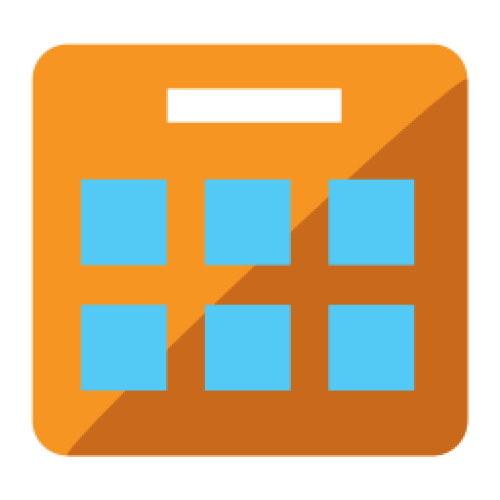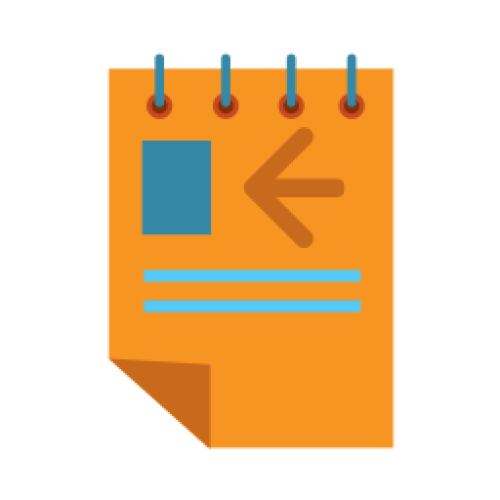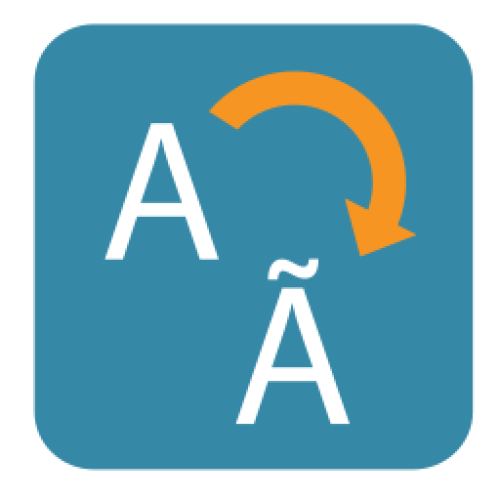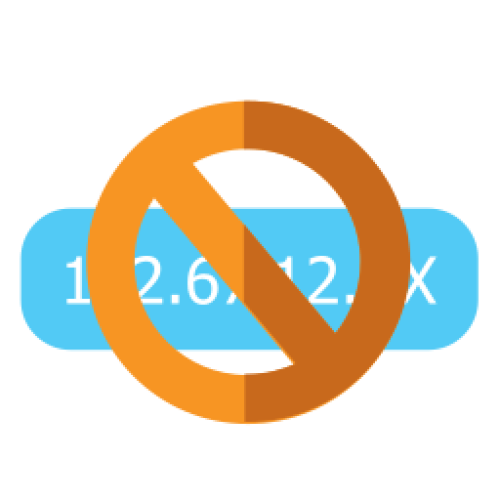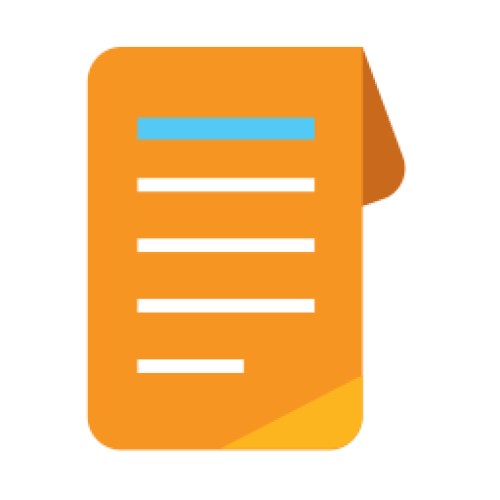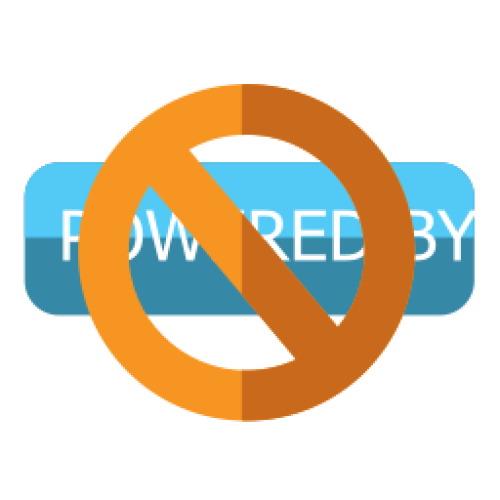Features: A-Z Index
A
B
C
D
E
F
G
I
L
M
N
P
Q
R
S
T
W
Newest 10 Entries
| Question | Can I organize Comcode pages in a hierarchical structure? |
|---|---|
| Answer | Yes, Composr allows you to simulate a hierarchical structure for your Comcode pages using multi-part paths in the page monikers. By editing the page monikers to include slashes (e.g., "about/team"), you can create a virtual directory structure within a single zone, enhancing your site's organization and navigation. |
| Question | How do I embed content from other modules into a Comcode page? |
|---|---|
| Answer | You can use various blocks to embed content from different modules:
|
| Question | What is the difference between blocks and boxes in Composr? |
|---|---|
| Answer | While both terms may seem similar, they have distinct meanings in Composr:
In practice, blocks often place their content within a box, but this isn't a requirement / standard. |
| Question | Can I customize the appearance of blocks? |
|---|---|
| Answer | Yes, you can customize the appearance of blocks by editing the associated templates and CSS. Each block typically has a corresponding template file (e.g., BLOCK_MAIN_NEWS.tpl for the main_news block) that controls its HTML structure. You can modify this template to change the layout and styling of the block's output. An easy way to do this is through the template editor in Admin Zone > Style > Themes, and click edit templates for the relevant theme. |
| Question | How do I add dynamic content to my Comcode pages? |
|---|---|
| Answer | Composr utilizes "blocks" to embed dynamic content and functionality within Comcode pages. These blocks can range from displaying recent forum posts to showing information about the logged-in user. To add a block, you can use the "block construction assistant" accessible via a button above the editor. This tool provides a user-friendly way to:
|
| Question | How do I create a new Comcode page? |
|---|---|
| Answer | Composr provides two easy ways to create a new Comcode page: Method 1: Direct URL Entry Type the desired URL of your new page into your browser's address bar. Since the page doesn't exist yet, Composr will present you with a 404 error and a link to create it. Click the link to open the Comcode page editor. Method 2: Admin Zone Navigate to Admin Zone > Content > Pages (Comcode pages). Scroll down to the list of existing pages and enter the name of your new page using the ":" (page-link) format. For example, a new page in the Welcome zone named "about" would be entered as ":about", or a new page in the "site" zone named "foobar" would be entered as "site:foobar". |
| Question | What are Comcode pages? |
|---|---|
| Answer | Comcode pages are standalone content pages within the Composr system that you can create and edit using either a WYSIWYG editor, a simple markup language called Comcode, or a combination of both. Think of them as documents within your website, offering flexibility beyond the structured content provided by modules like forums or news. You can use them to build landing pages, about us sections, contact pages, and more. |
| Question | Can I create custom Comcode tags? |
|---|---|
| Answer | Yes, you can create custom Comcode tags through the Admin Zone > Setup > Custom Comcode. This allows you to add unique functionality or wrap specific HTML code (especially if you use a certain block of HTML frequently on your site) for easier use. Custom Comcode tags can be tailored to your needs and even include your own parameters. You can also specify if the Comcode is dangerous so only those with elevated privileges can use it. |
| Question | What are the security considerations when using Comcode? |
|---|---|
| Answer | Composr has a multi-tiered security system for Comcode. HTML code is filtered based on user permissions to prevent XSS attacks. Content is parsed with different credentials depending on who is editing or adding it, ensuring users can't elevate their privileges by modifying existing content. |
| Question | What is oEmbed and how does it work with Comcode? |
|---|---|
| Answer | oEmbed is a system that allows you to embed content from other websites simply by pasting its URL. When you paste a supported link in Comcode, oEmbed will automatically embed the content for you in a nicely-formatted box. For example, pasting a YouTube video link will embed the video directly into your content so it can be played on your website. |
Top 10 Entries
| Question | What is the Admin Zone? |
|---|---|
| Answer | The Admin Zone is a special section of your Composr website that allows authorized staff members to perform various administrative tasks. It serves as the central hub for managing content, configuring settings, monitoring activity, and maintaining the overall health of your website. |
| Question | What should I avoid doing in Composr to maintain accessibility? |
|---|---|
| Answer | Avoid using Comcode tags or other HTML elements that create dynamic effects in the user's browser, such as ticker and jumping. These can have a negative impact on navigation and scrolling. Provide alternate information for multimedia you upload so those with auditory impairments can still understand the content. Avoid creating multiple content items with the same title, as this can lead to accessibility issues and general user confusion. |
| Question | How does Composr handle forms for accessibility? |
|---|---|
| Answer | The web standards checker ensures that form labels are properly positioned and explicitly associated with their controls. It also checks that form elements have a logical tab order and are keyboard operable. |
| Question | How does Composr ensure accessible data tables? |
|---|---|
| Answer | The web standards checker enforces proper markup for data tables, including identifying row and column headers, and associating data cells with header cells. It ensures that tables are not used for layout (flex boxes and HTML grids are preferred for mobile responsiveness) unless they make sense when linearized. Composr provides summaries for tables to aid non-visual user agents in understanding their structure and content. |
| Question | How does Composr handle color contrast for accessibility? |
|---|---|
| Answer | Composr is designed with high graphic standards that aim to avoid poor color contrast in the default theme and Theme Wizard. But it is not perfect, especially for dark mode themes. Webmasters are still responsible for ensuring sufficient contrast in their own content and in custom themes. |
| Question | How do I provide text equivalents for images and multimedia in Composr? |
|---|---|
| Answer | Composr's web standards checker ensures that alternative text (using the "alt" attribute) is provided for images. It will warn if any images do not contain alt text. For multimedia, webmasters are responsible for providing captions and auditory descriptions either in the multimedia itself, on the description of the media, or uploaded as a caption file. |
| Question | How can I make sure my Composr website is accessible? |
|---|---|
| Answer | Enable the web standards checker in Composr while editing templates. Also do the same when previewing edited or new Comcode pages. Use the provided accessibility options in the Admin Zone to customize the webmaster experience according to your accessibility needs. Follow the webmaster concerns outlined in the "Helping improve site accessibility for disabled users" tutorial. Regularly test your website using third-party accessibility validation tools such as the WAVE Web Accessibility Evaluation Tool or the AChecker. |
| Question | What accessibility features are built into Composr? |
|---|---|
| Answer | Composr has an inbuilt web standards checker that helps ensure compliance with accessibility guidelines. Composr provides automatic sitemap generation functionality, a default sitemap page, and an advanced menu editor to manage navigation. Composr supports ARIA (Accessible Rich Internet Applications), which helps make dynamic content accessible. Composr includes options in the Admin Zone to fine-tune the webmaster experience for specific accessibility requirements. |
| Question | Does Composr comply with accessibility standards? |
|---|---|
| Answer | - Yes, Composr complies with the highest level of the WCAG (version 1.0 at the time of writing), level 3. - Composr also meets Section 508 guidelines, XHTML and CSS specifications, and the highest level of ATAG. - Composr conforms to these standards throughout, from user-facing screens to administrator interfaces. |
| Title | Extendable |
|---|---|
| Icon | 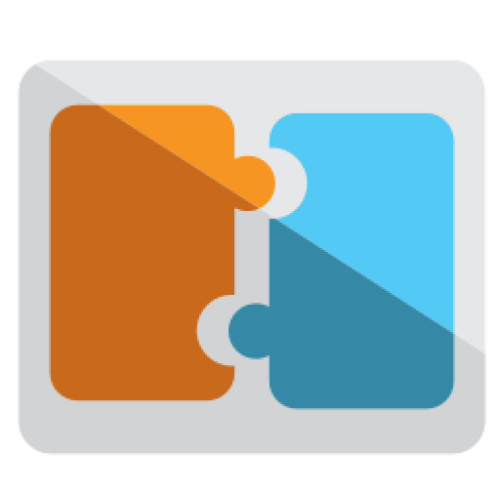 |
| Description | Versatile: You can strip down to a core system, or build up with 3rd-party addons. Full API documentation High coding standards: No PHP notices. Type-strict codebase. MVC framework. Free online developer's guide book (in the tutorials) Custom field filters: For example, restrict news posts to a minimum length. Stack traces for easy debugging Synchronise data between staging and live sites using Resource-fs Breadcrumb overrides Advanced banning: Set your own banning rules for different hack attack codes. Even create your own ban pages (e.g. to mimic law enforcement bans for spammers). Code overrides: Implement modifications to the Composr code without directly editing the original code by creating _custom files. This makes upgrading much easier. Also supports contentious_overrides hooks and the override_api for more advanced overriding. Many different hook types allowing for modifying or extending Composr without modifying or overriding the code. |





